Against the backdrop of the terror attack in Manchester, President Trump began the second and final day of his stop in Israel with a visit to Bethlehem, where he met for about an hour with Palestinian Authority chairman Mahmoud Abbas.
The Times of Israel reported that a day earlier, on Monday:
[Bethlehem] was in total shutdown. But the reason for the closed shops and empty streets had nothing to do with the world’s most powerful man.
The hunger strike of more than 1,000 Palestinian security prisoners in Israeli jails had reached its 36th day, and in support, a general strike was called across the West Bank.
The hunger-striking security prisoners, it should be noted, are terrorists and abettors of terrorists — exactly the sort of people for whom, two days earlier in Riyadh, Trump had demanded zero tolerance.
The Times of Israel also said that, “reportedly,” Trump was unable to visit Bethlehem’s Church of the Nativity because of a protest encampment there by families of the hunger strikers.
At this stage, one should not need to belabor the point that Palestinian society in the West Bank and Gaza not only tolerates but glorifies terror. Indeed, the best that can be said about Trump’s foray into the heart of darkness for “peace” conversations with Abbas — notorious for both glorifying and financially incentivizing terror — is that Trump did not appear overly enthused or convinced. He said in a joint appearance with Abbas after their talk:
Peace can never take root in an environment where violence is tolerated, funded, and even rewarded. We must be resolute in condemning such acts in a single unified voice.
Abbas, for his part, called for:
[T]he two-state solution along the borders of 1967, a state of Palestine with a capital in East Jerusalem alongside Israel … and resolving longstanding issues based on international law and agreements … in accordance with [the] Arab peace initiative.
He was alluding to non-binding clauses that call for a few million descendants of Palestinian refugees to “return” to Israel and obliterate its Jewish character — in other words, destroy it. And that is as far as anyone will ever get with Mahmoud Abbas, who is truly committed to his outlook and ideology that does not jibe with the values and visions of Western people.
From Bethlehem, Trump moved on to Yad Vashem, the Holocaust remembrance center in Jerusalem, where he spoke of “the bottomless depth of that evil” and the need to remember and honor the dead. Prime Minister Benjamin Netanyahu spoke of the imperative of Israeli capability to defend itself against evil.
Before leaving for the next stop on his journey, Italy, Trump wound up his brief stay in the Holy Land with a speech at the Israel Museum in Jerusalem. A good deal of it was taken up with lofty, unobjectionable sentiment:
“Let us dream,” of a future where Jewish, Muslim and Christian children can grow up together and live together in trust, harmony, tolerance and respect. … As we stand in Jerusalem, we see pilgrims of all faiths coming to this land to walk on this hallowed ground.
Moving closer to substance, Trump extolled the strength of the U.S.-Israeli alliance — not exactly platitudinous, since the message is always worth reinforcing in the violence-prone Middle East.
“I stand in awe of the accomplishments of the Jewish people, and I make this promise to you: My administration will always stand with Israel.”
Trump made the message more tangible by declaring:
The United States is proud that Israeli Air Force pilots are flying new American F-35 planes to defend their nation, and it was wonderful to see these mighty aircraft in the skies over Israel recently as you celebrated the 69th anniversary of Israel’s independence.
On the Palestinian issue, Trump stated:
We know … that both Israelis and Palestinians seek lives of hope for their children. And we know that peace is possible if we put aside the pain and disagreements of the past … I am personally committed to helping Israelis and Palestinians reach that … peace agreement, and I had a great meeting this morning with President Mahmoud Abbas and I can tell you that he is ready to reach a peace deal.
Making peace will not be easy. We all know that. Both sides will face tough decisions. But with determination, compromise on both sides, and the belief that peace is possible, Israelis and Palestinians can make a deal.
On the one hand, realistic Israelis could feel disappointment at the insistence on Abbas’s peace credentials and the unwarranted optimism. On the other, they could feel relieved that Trump set forth no specific terms, not even the fabled “two-state solution,” and instead conveyed what appeared to be a healthy vagueness.
And finally, on the Iranian issue — unlike two days earlier in Riyadh, where he issued a ringing denunciation of Tehran’s destructive role in the region — Trump sufficed with few words:
The United States is firmly committed to keeping Iran from developing a nuclear weapon and halting their support of terrorists and militias that are causing so much suffering and chaos throughout the Middle East.
Speeches, ceremonies, and pomp and splendor have their importance but await the true test of policy and actions. Overall, Trump’s visit to Israel warrants cautious optimism. He appears authentically committed to the U.S.-Israeli alliance, is probably not grimly obsessed with the Palestinian issue like Barack Obama, and is serious about fighting evil and its most powerful exponent in today’s Middle East: the regime in Tehran.

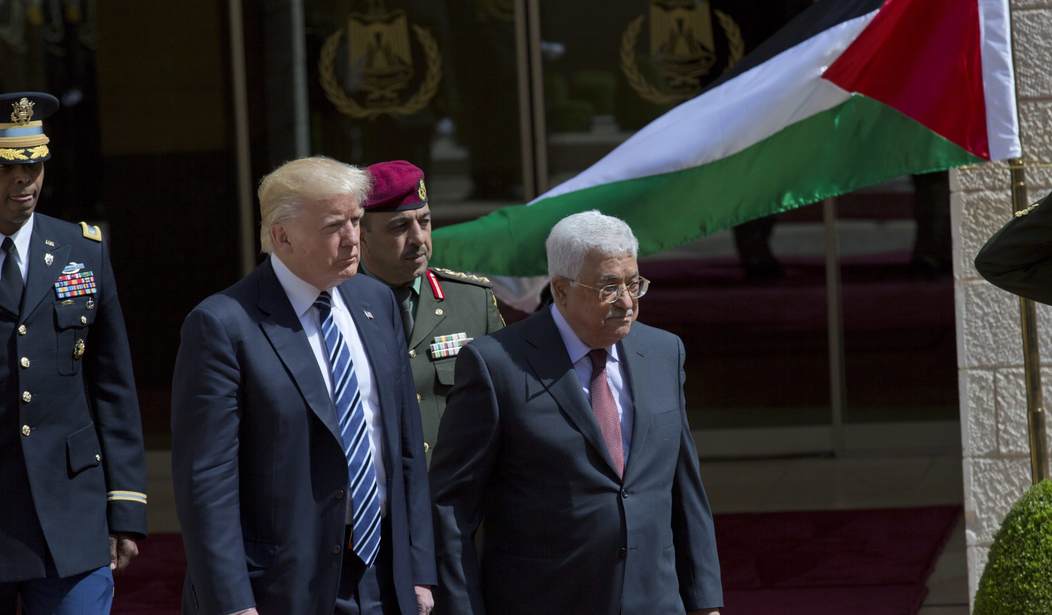
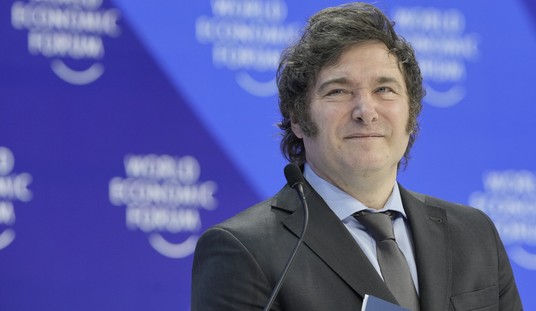
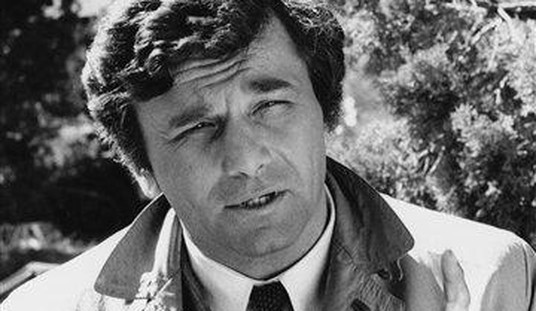
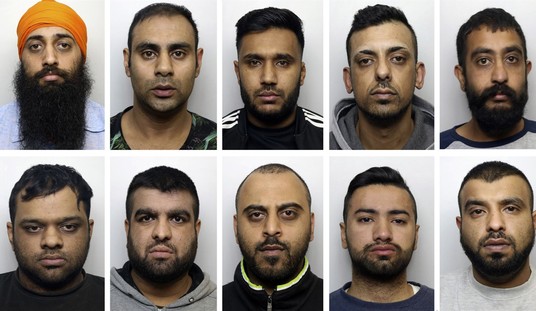

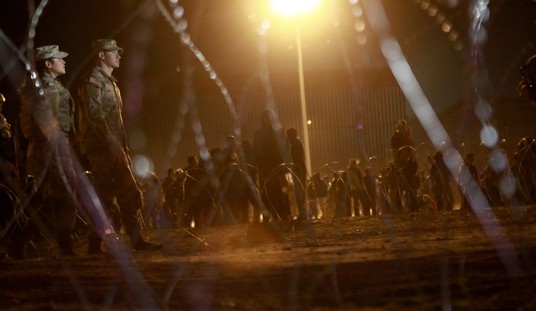
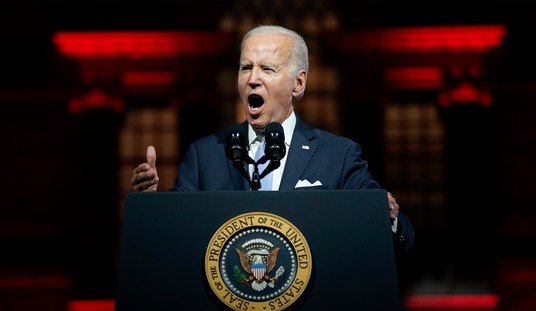
Join the conversation as a VIP Member